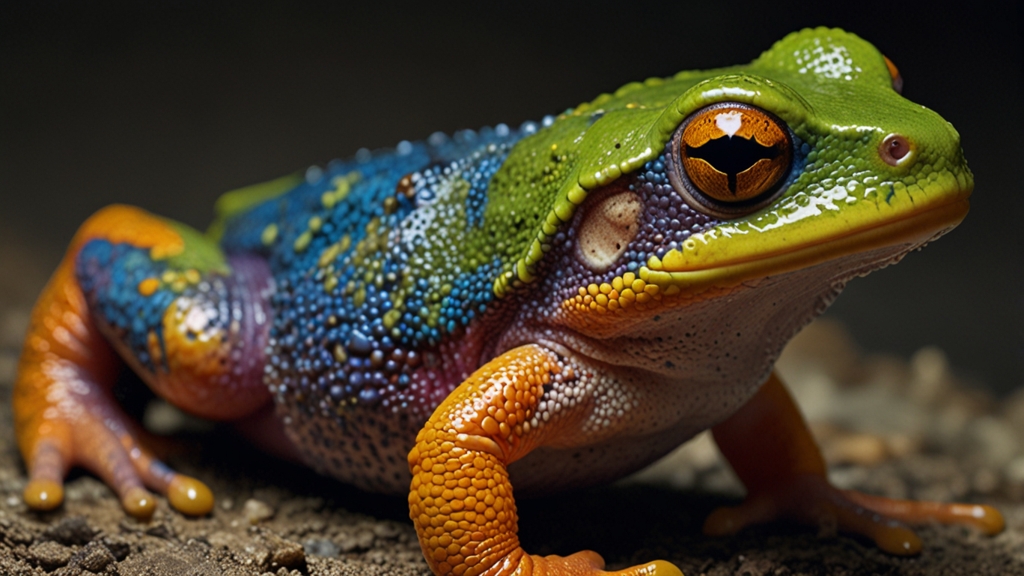Endangered Species: The Race Against Time to Save Our Oceans
Our oceans, covering more than 70% of the Earth's surface, are a vast and mysterious frontier teeming with life. However, this vibrant ecosystem is under unprecedented threat. Numerous species are becoming endangered, inching closer to extinction, and the need for conservation has never been more urgent. From overfishing and pollution to climate change and habitat destruction, the challenges are immense. This article explores the critical efforts needed to save our oceans' endangered species.
The Growing Crisis
The degradation of marine environments is accelerating, leaving a trail of threatened and endangered species in its wake. Coral reefs are bleaching, coastal habitats are eroding, and open waters are increasingly becoming deserts, void of marine life. Iconic species such as the vaquita porpoise, leatherback turtle, and various shark species are not only symbols of ocean health, but are also integral to their ecosystems. Each of these endangered species faces a unique set of challenges requiring targeted conservation efforts.
"The oceans are a crucial part of the Earth's life support system, providing food, regulating the climate, and generating oxygen that we breathe," says Dr. Jane Goodall. "Our survival is intrinsically linked to the health of the oceans."
The Impact of Human Activities
Human activities are the principal drivers of oceanic degradation. Overfishing depletes essential fish stocks, disrupting the balance of marine ecosystems. Pollution, particularly plastic waste, contaminates oceanic food chains and habitats. Climate change, driven by greenhouse gas emissions, leads to ocean acidification, rising sea temperatures, and stronger storms. Each of these factors is a significant threat to marine biodiversity.
Overfishing is particularly alarming. Species such as the bluefin tuna and numerous shark species are critically endangered due to unsustainable fishing practices. Coral reefs, home to about a quarter of all marine species, are also suffering; warming waters cause coral bleaching, debilitating these vibrant ecosystems.
"If the current trends continue, we could see a future where our oceans are devoid of much of the life we know today. The time to act is now," warns oceanographer Dr. Sylvia Earle.
Conservation Efforts
Despite the daunting challenges, hope is not lost. Conservation efforts worldwide are gaining momentum, driven by scientific research, environmental activism, policy changes, and community engagement. Marine Protected Areas (MPAs) are a cornerstone of these efforts, aiming to conserve critical habitats and manage fishing activities sustainably. The creation of large MPAs, like the Ross Sea in Antarctica, provides sanctuary for endangered species and helps restore vulnerable ecosystems.
Additionally, global initiatives such as the ban on single-use plastics, the promotion of sustainable seafood, and international agreements like the Paris Accord are all steps in the right direction. Organizations and governments are also embracing more stringent regulations on pollution and emissions to mitigate the effects of climate change on oceanic environments.
The Role of Individuals
Every individual has a part to play in saving our oceans. Simple actions like reducing plastic usage, supporting sustainable seafood, and advocating for ocean-friendly policies can collectively make a significant impact. Education and awareness are also crucial. By understanding the importance of ocean conservation, more people may be inspired to adopt ecologically responsible behaviors.
"We do not inherit the earth from our ancestors; we borrow it from our children," a saying often reminds us of our responsibility towards future generations. This rings especially true for our oceans.
A Call to Action
The race against time to save our oceans' endangered species is a monumental challenge, but it is one we cannot afford to lose. The complex web of life within the oceans is fundamental to our own survival, providing sustenance, livelihoods, and natural beauty. By combining global efforts, enforcing stricter conservation laws, and fostering a culture of sustainability, we can turn the tide and ensure that future generations inherit a rich, thriving ocean. Let us unite in this crucial mission to protect and restore the health of our planet's most expansive wilderness: the oceans.
In conclusion, saving our ocean’s endangered species is not only about preserving marine biodiversity but also about securing the well-being of the entire planet. The journey is long and arduous, but with collective will and concerted action, we can overcome the threats facing our oceans and ensure they remain an invaluable resource for generations to come.










